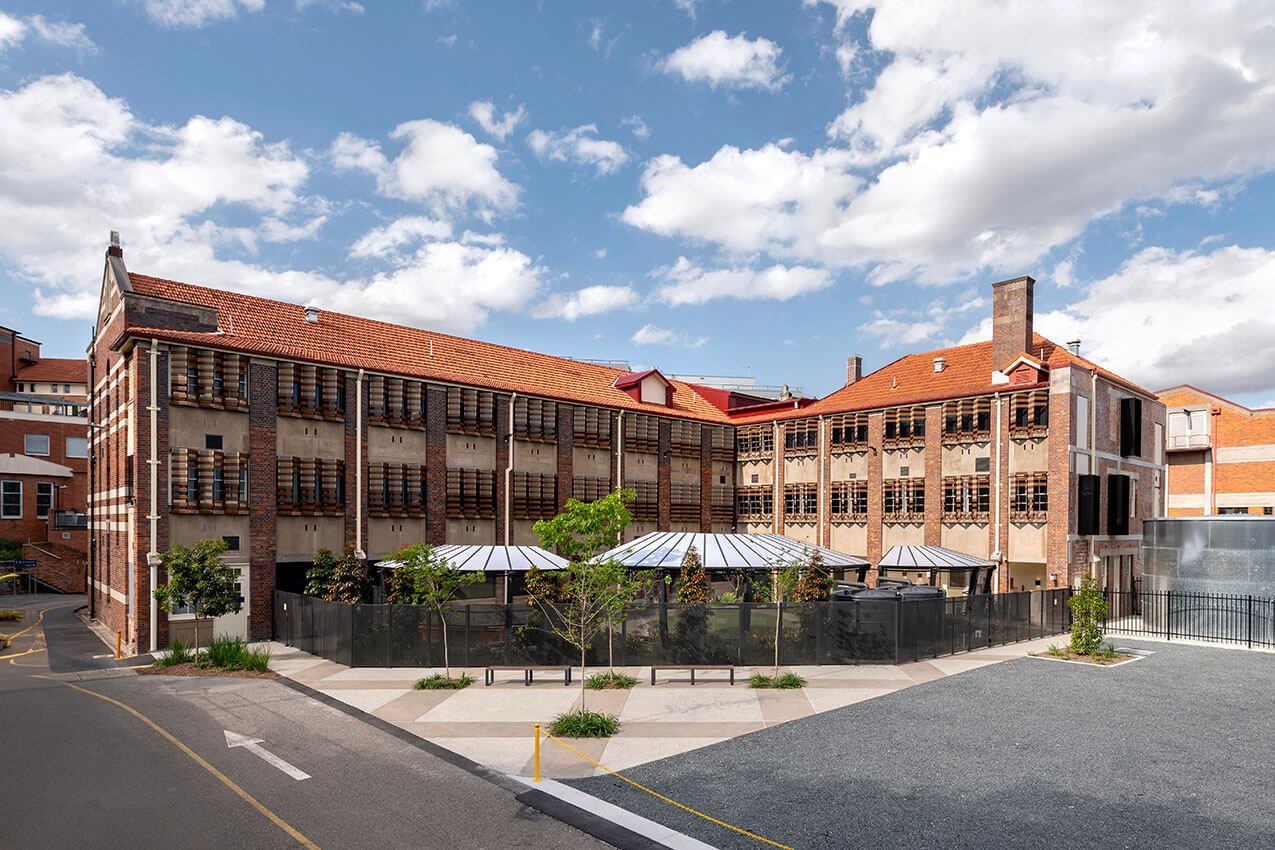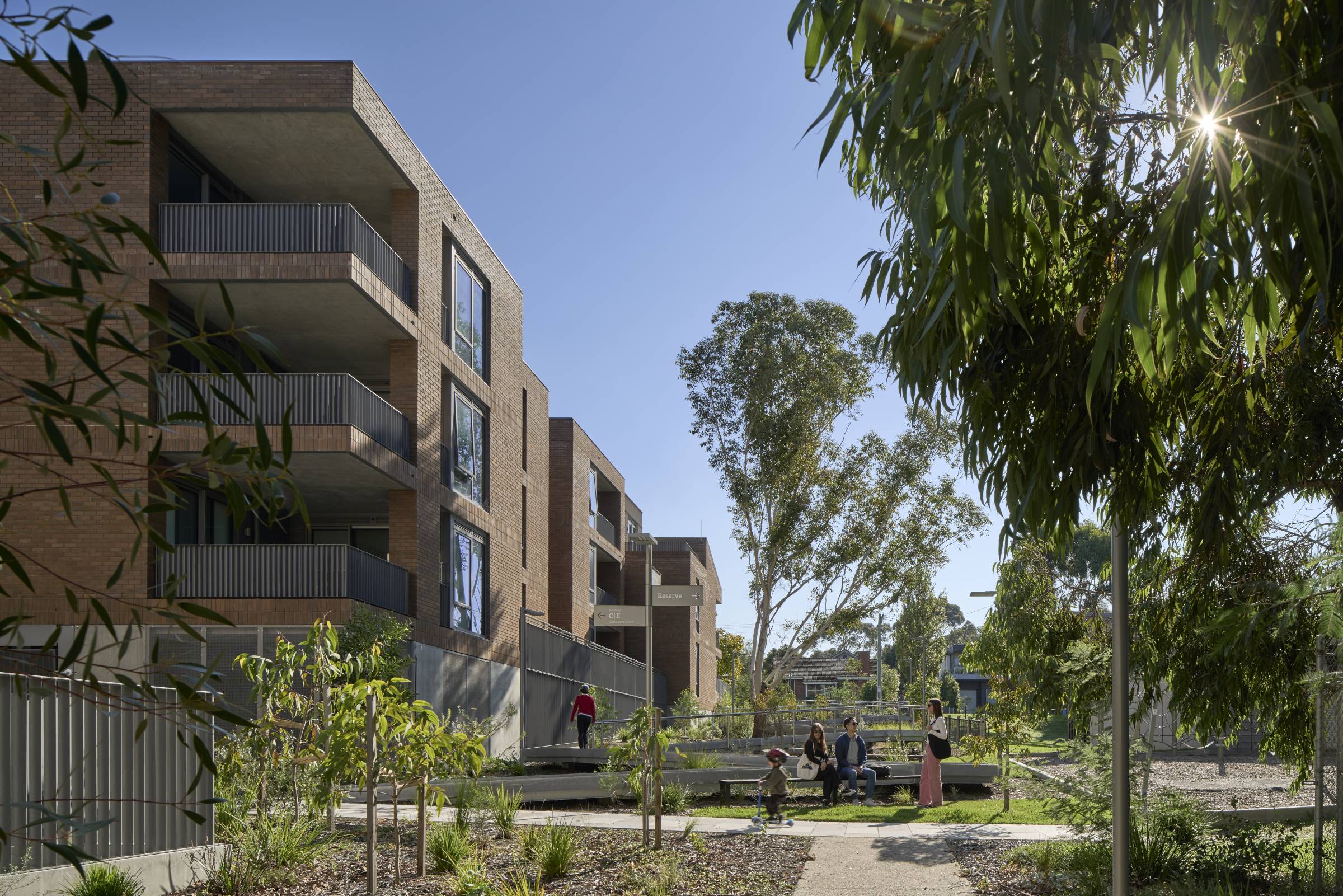From little things big things grow:
A step change in sustainability
A step change in sustainability
As a large architecture practice, we’re acutely aware of the profound impact design has on the environmental future of our planet. Meaningful change can often feel overwhelming, but our National Leader for Urban Futures & Resilience, Alex Lawlor, says there’s reason to be optimistic if we keep taking iterative steps to transform the industry.
“We shouldn’t be daunted by the size of this problem,” says Alex.
“We don’t always need sophisticated gadgets and equipment to deliver resilient design. Through early consultation with clients, collaborators, and communities, we can still achieve positive sustainable outcomes.”
A carbon-neutral practice
Proudly carbon neutral, at Architectus we’re building the capability of our staff with a 10-year horizon for the services required to design the environments of a carbon positive future. We believe in turning the tide for the whole organisation.
“My job is to make myself redundant,” says Alex. “We shouldn’t need a Sustainability lead; it will just be embedded in our business-as-usual”.
For example, our in-house digital capability gives project teams real-time, responsive modelling for solar analysis, Section J preliminaries, embodied carbon, Green Star Buildings and more to streamline decision making and empower our staff.
Sustainability and Resilience Framework
Our Sustainability and Resilience Framework is now live in our project delivery tool – tracking sustainability initiatives across the project lifecycle. Based on the UN Sustainable Development Goals, our framework has three pillars: Design for Community; Regenerative Design, and Life Cycle Design.
Design for Community
Human experience is at the core of our design approach. We focus on social and cultural resilience, providing solutions that speak to place, access and equity, local economy, jobs and services, and community experience.
Regenerative Design
We look for ways to regenerate ecosystems and habitats that enhance local biodiversity. We aim to connect with natural patterns, systems and experiences that improve wellbeing – natural light, natural ventilation and connection to landscape – to support positive human interaction in the built environment.
Life Cycle Design
We’re designing low carbon outcomes by applying an integrated approach to the issues of materials, water, waste, and energy. Circular economy, Design for Manufacture and Assembly (DfMA), smart infrastructure, and our in-house digital tools and capability help our clients achieve net zero outcomes through clever design. Read more about our approach to Life Cycle Design.
Net zero and beyond
The next big thing is net zero projects, and our Sustainability Framework Group, established in 2020, is working on this while offering technical expertise to the practice. We are a signatory to the Australian Architects Declare campaign and a founding partner of the Green Building Council Australia. We have achieved net zero emissions in our operations, showing our commitment to creating architecture and urbanism that positively impacts our planet.
“Sustainable outcomes start with resilient mindsets,” says Alex.
“The Sustainability and Resilience Framework enables our designers to think early, innovatively, and intelligently about designing for a low-carbon future and it will make a big difference.”


